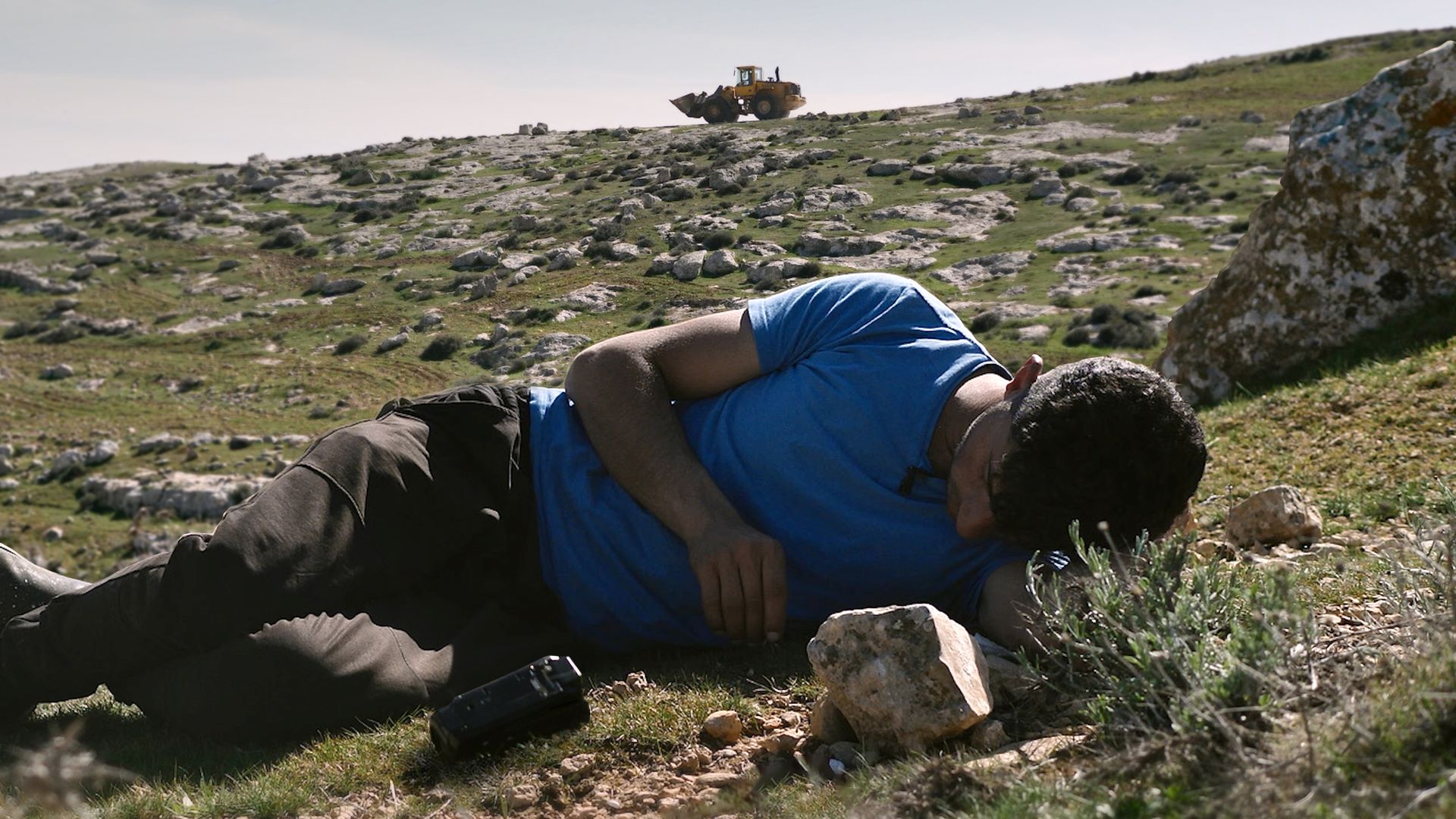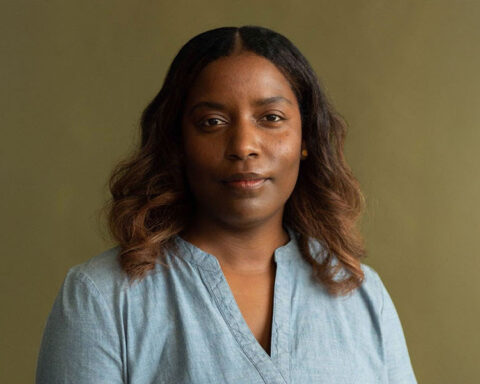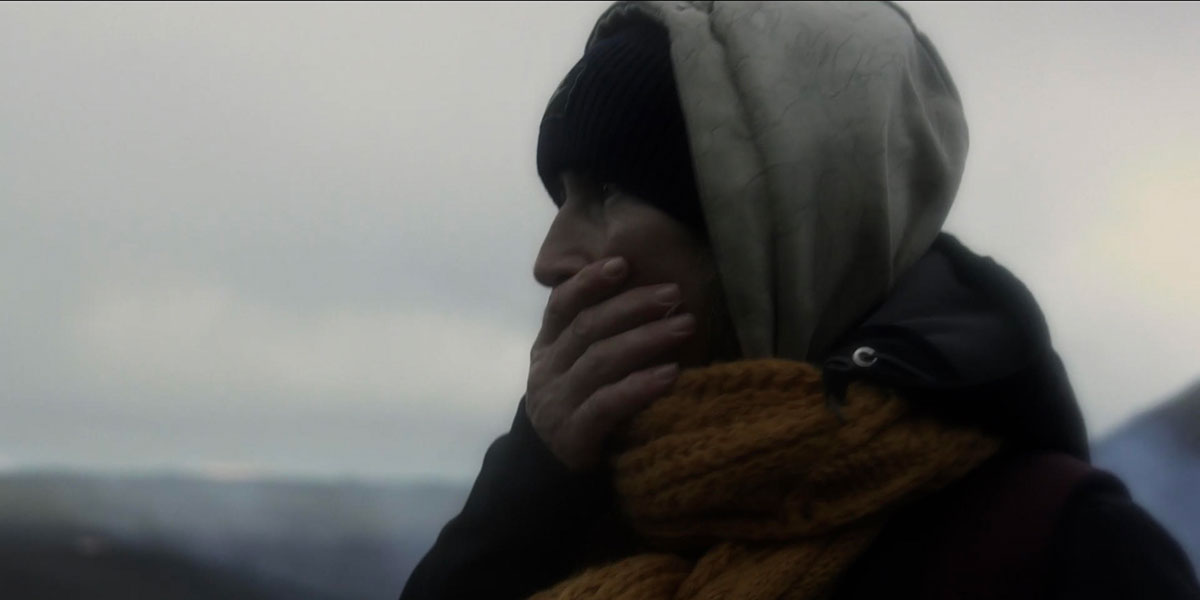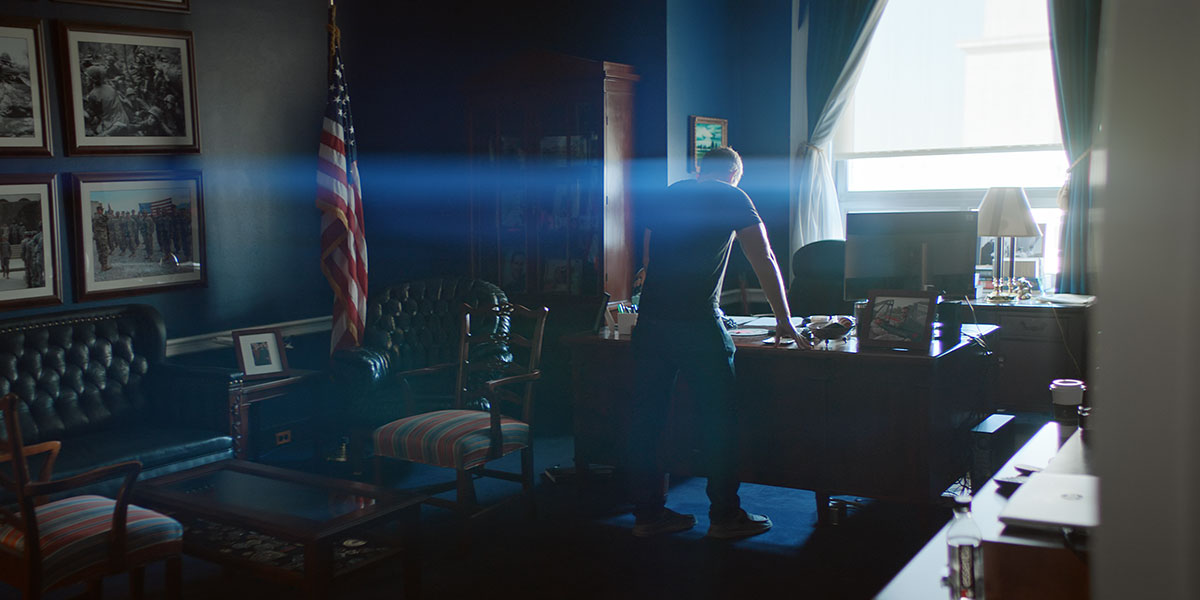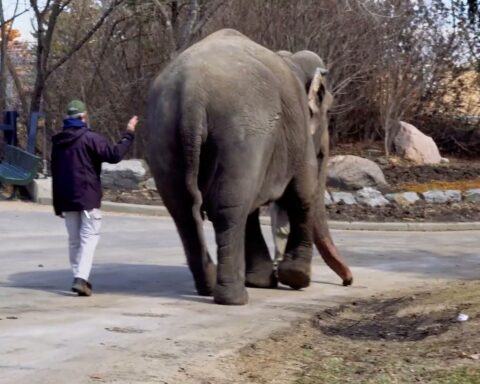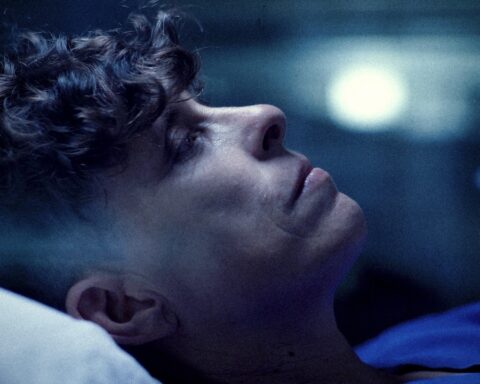No Other Land
(Norway/Palestine, 98 min.)
Dir. Basel Adra, Yuval Abraham, Rachel Szor, Hamdan Ballal
Programme: TIFF Docs (Canadian premiere)
One could call No Other Land the movie of the moment, but that label risks diminishing its urgent power. The events it chronicles speak directly to hardships making headlines in the news daily, but this portrait of the war on Palestine is a years in the making affair. In fact, it’s arguably a lifetime in the making for director/protagonist Basel Adra, a young Palestinian man defending his neighbourhood of Masafer Yatta, a mountain village in the southern West Bank. Adra uses his camera to document the repeated violence by Israeli forces, who return to the community to destroy houses, chicken coops, and children’s playgrounds in the name of security. His life has been a constant witness to the violence of the settler state.
However, Basel finds an unexpected ally in Israeli journalist Yuval Abraham. Yuval also uses his platform to chronicle the Israeli army’s aggressive efforts to cleanse the land of Palestinians. The two young men offer a significant show of unity of experiences from both sides of a deeply long-rooted divide.
The film also serves as a vital document of ongoing forced expulsions in the West Bank. Evocatively marrying journalistic rigour with artistic sensibilities, the cameras of No Other Land are witnesses to gut-wrenching crimes. Adra and Abraham accentuate the show of unity with fellow directors Rachel Szor (an Israeli journalist) and Hamdan Ballal (a resident of Masafer Yatta). The collective refuses to look away from the hardships that residents of Masafer Yatta endure. They keep their cameras rolling with bracing immediacy as run-and-gun filmmaking becomes a fact of life in Basel’s own backyard. This film, simply put, is not an easy watch. But it’s essential to follow the filmmakers’ lead and refuse to look away.
The film chronicles repeated senseless harassment, violence, and intimidation wrought by Israeli forces. Troops armed with assault weapons follow an unsympathetic bureaucrat to remove civilian families from their homes. He plops eviction orders under rocks to illustrate that these families will have nothing left when he’s done plowing through the village. Families fight back and defend their homes to no avail as paper pushers and the troops insist that land needs to be overturned to make space for an Israeli army training ground. (Later news footage sees Israelis falsely state that the land was already militarized and that the families are squatters.)
Beyond the systemic effort to erase families and communities, the film offers crucial evidence of dehumanizing practices and violence by the Israeli forces and civilian settlers incited to act violently. The film finds a case study in Basel’s neighbour, Harun, who gets shot simply for holding onto the generator that provides his family with energy. The bullet leaves him paralyzed from the neck down. His mother cares for him in a cave that offers them makeshift shelter. Years go by as the film observes Harun’s condition worsen, as Israeli forces make access to medical care impossible. Other evidence proves damning, including troops who cut the water pipes that run through the land, simply to force out Palestinians. Yet Basel and other families stay, united in their resilience. They hold strong in the right to stay on their homeland.
Years go by and both Basel and Yuval gain traction in the media. Outlets report their videos, Yuval becomes a frequent pundit, and Basel rises as a citizen journalist amplifying the cause on social media. Little changes though. The film implicitly illustrates the lip service that the world pays to Palestine and its failure to intervene. The violence echoes the media’s cyclical pattern of forgetting.
The directors’ celebrity also makes them targets, especially Basel. The more he reports, the more the troops return to Masafer Yatta with escalating intensity. Like his neighbours, though, Basel never wavers. He joins them in actively defending their home.
This deeply personal work also benefits from having Basel and Yuval as agents in the story. There’s a moment late in the film when Basel asks his friend if there will ever be a time when they can each marry and raise families. It’s a heartbreaking question as the young men haven’t had the luxury of planning their futures because they’re so committed to the present with a situation governed by the past.
No Other Land similarly gains urgency through the interplay between past and present. The film, immediate and compelling as it is, ends with a title card noting that filming wrapped before October 7, 2023. It includes a jittery post-script of horrifying violence with no end in sight. However, the film’s very existence is a significant plea for peace that acknowledges shared security through mutual freedom.




